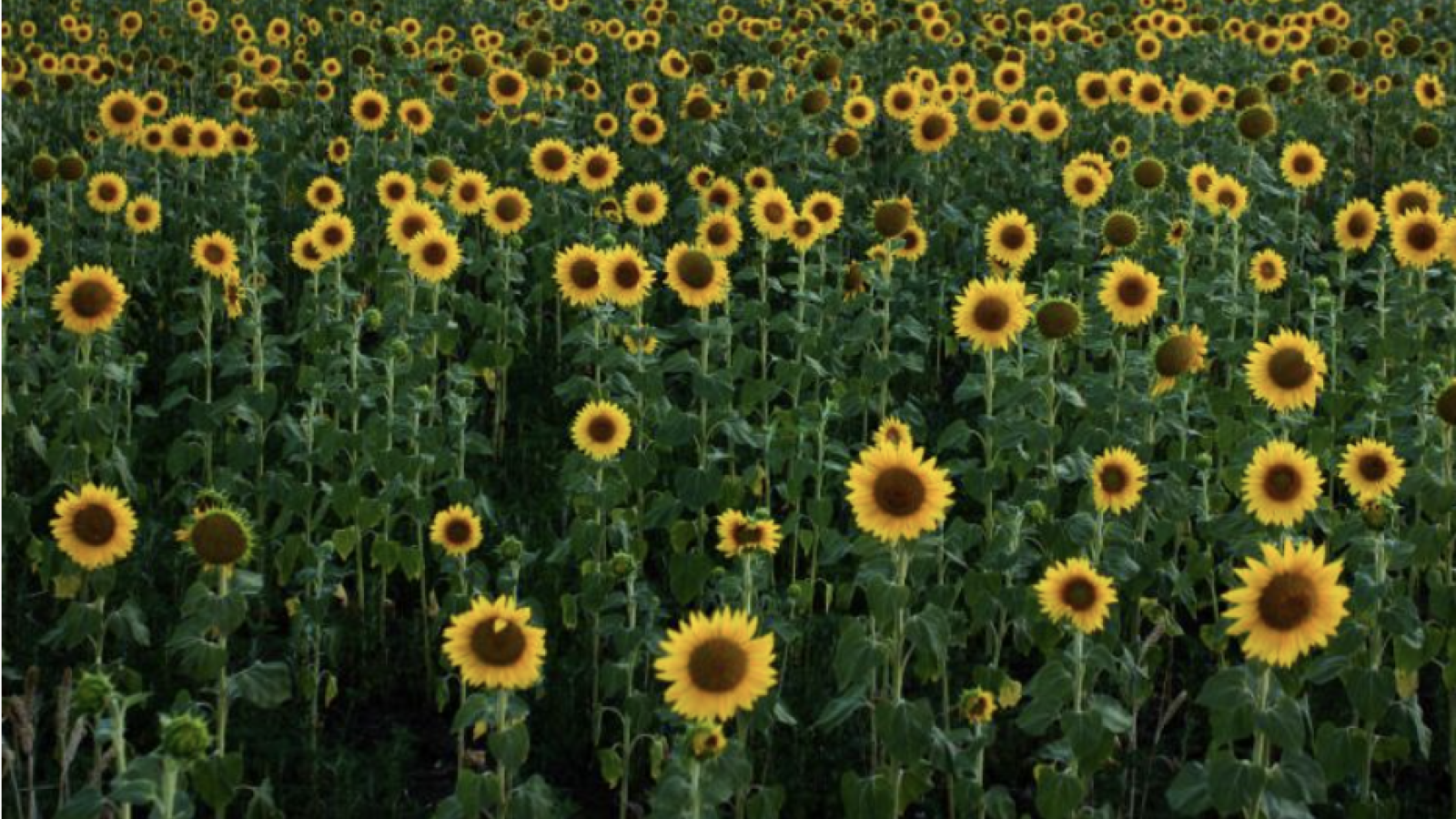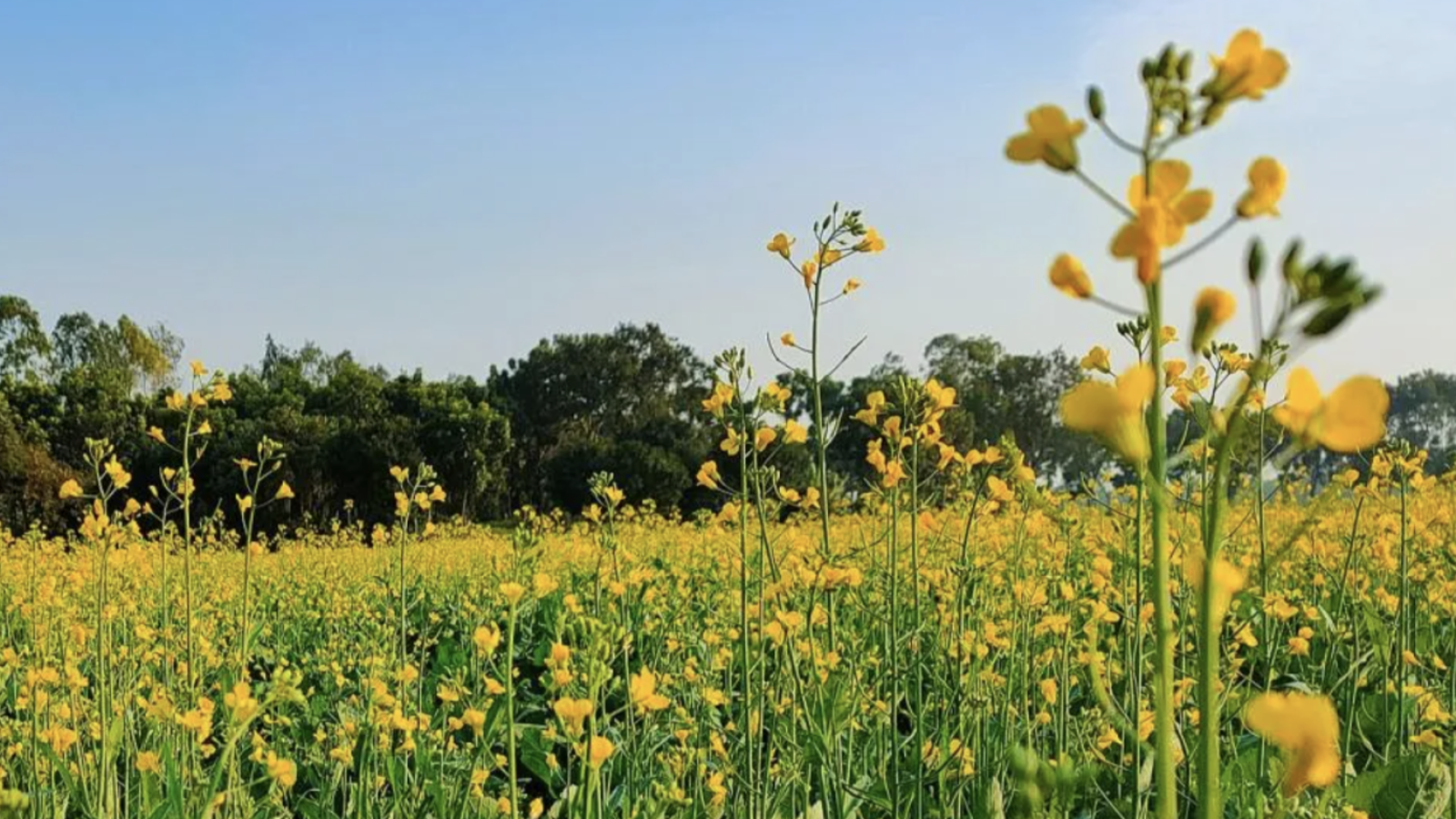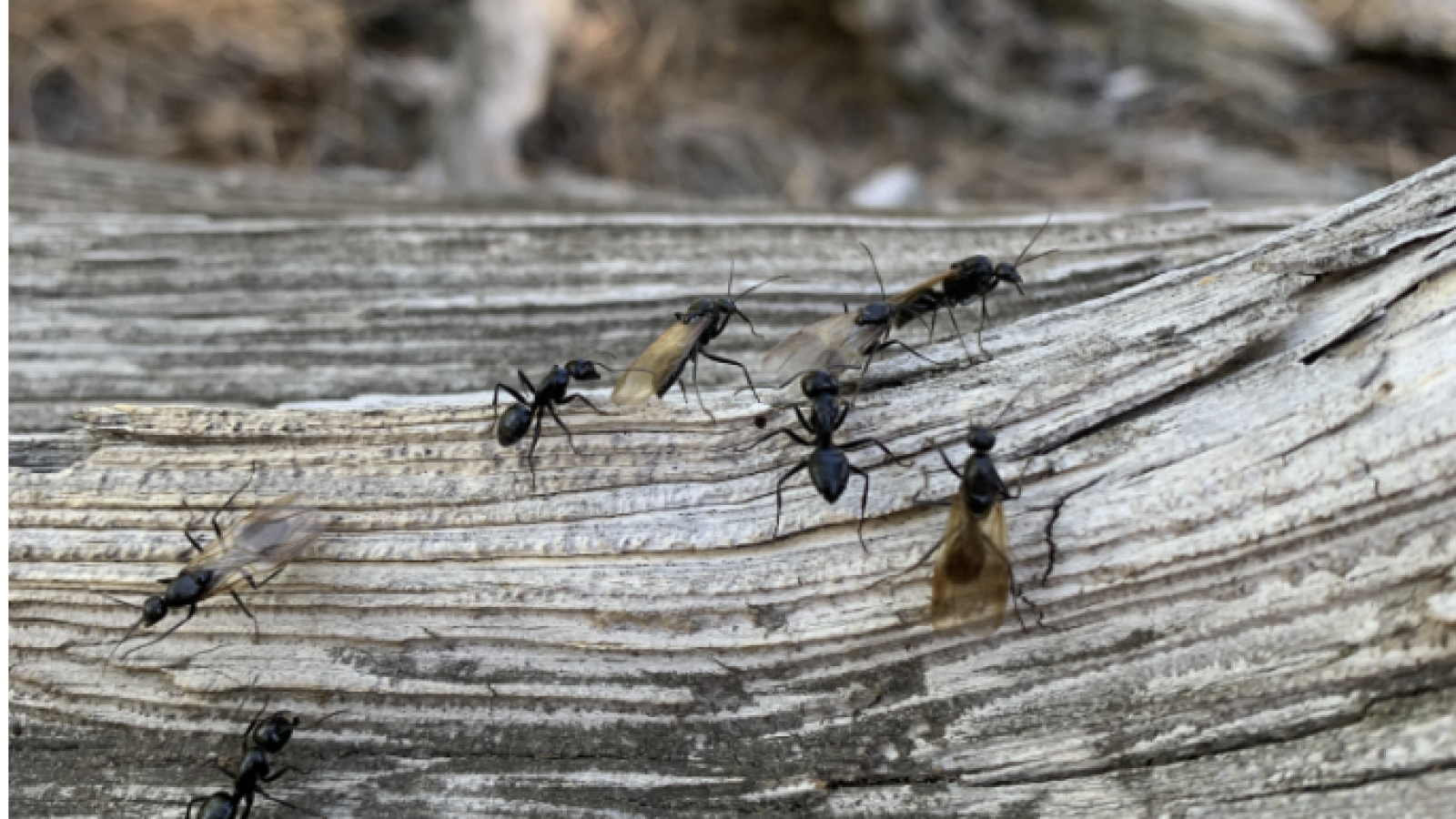Mike Gil, a CU Boulder marine biologist, led research now honored by the Proceedings of the National Academy of Sciences
Mike Gil, a researcher at the University of Colorado Boulder, is one of six scientists nationwide to be honored for outstanding research published in the Proceedings of the National Academy of Sciences (PNAS) last year, the journal announced today.
Gil’s work, which found that increasing fishing too quickly can cause coral reef ecosystems to collapse, was published in September. The journal bestows the award, called the Cozzarelli Prize, in six categories of scientific inquiry.

Mike Gil at work. Photos courtesy of Mike Gil.
Gil’s work identified the first evidence that marine ecosystems are highly sensitive to how quickly a target fishing level is reached.
In many fisheries, target fishing levels are set with hopes to maximize harvest while keeping the fishery sustainable, year after year. Conventional wisdom suggests that target fishing levels should be approached as quickly as possible to reap benefits immediately.
However, researchers say that raising fishing to the same target level a bit more slowly could sustain both a fishery and an ecosystem that would otherwise collapse.
“The ecosystem depends on the pace at which the environment is changing, not just the magnitude,” said Gil, lead author and a Chancellor’s Postdoctoral Fellow in the Department of Ecology and Evolutionary Biology.
In addition to fishing, reefs also face other human-caused pressures like nutrient pollution and ocean warming due to global climate change, which caused severe damage to reefs around the world in the last several years.
“Coral reefs are incredibly tough, resilient ecosystems,” said Gil. “But they are not so tough in the face of many challenges happening simultaneously.”
The findings—which indicate not only how many, but how fast fish can be sustainably harvested—can inform local and regional scale management decisions that deal with fishing quotas.
“As ecologists, we’re trying to understand why we see what we see when we step into nature. And if we understand how these ecosystems function, we can effectively manage them and keep them around for future generations,” Gil said.
Gil’s coauthors on the PNAS paper include Marissa L. Baskett, University of California, Davis; Stephan B. Munch and Andrew M. Hein of the Southwest Fisheries Science Center of the National Oceanic and Atmospheric Administration and University of California, Santa Cruz.
The six winners of the Cozzarelli Prize were chosen from 3,600 research articles published in PNAS in 2020. The annual prize acknowledges papers that reflect scientific excellence and originality.
The award was established in 2005 as the Paper of the Year Prize and was renamed in 2007 to honor late PNAS Editor-in-Chief Nicholas R. Cozzarelli.
The 2020 awardees will be recognized at a virtual awards ceremony during the National Academy of Sciences annual meeting on April 25.







